Black therapists on how to cope with racial trauma amid COVID-19 pandemic
EXCLUSIVE: As Black Americans grapple with compounding stressors, mental health professionals provide tools to help manage
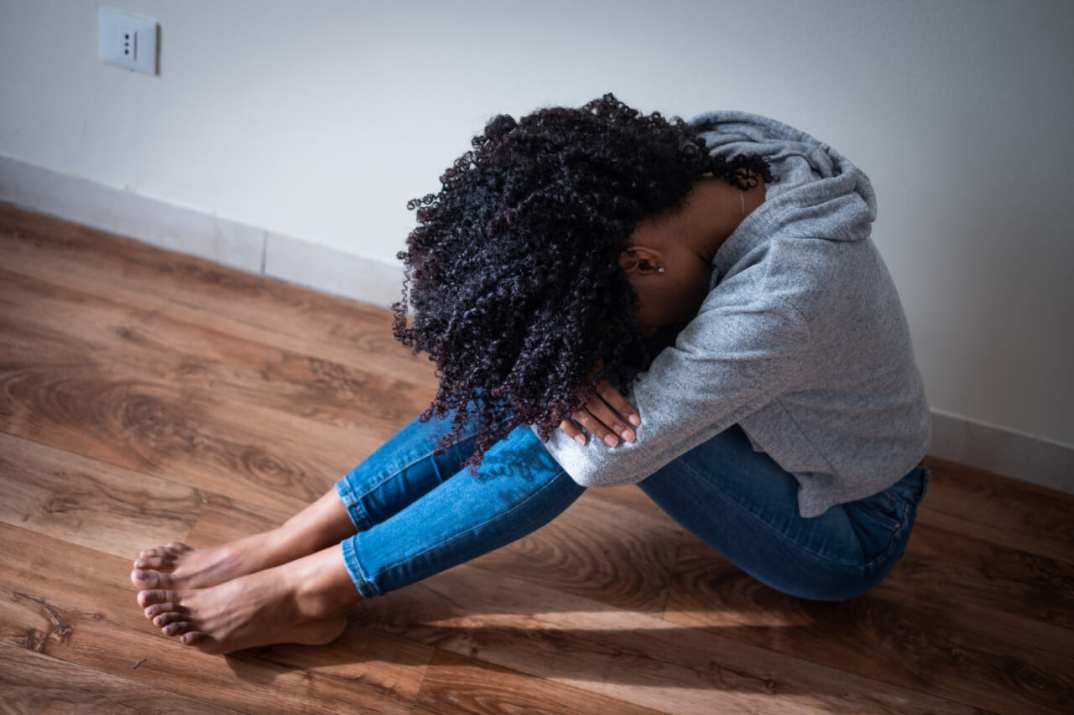
The first half of 2020 has been horrific for Black Americans. It began with the loss of the legendary Lakers guard Kobe Bryant.
Then in March, the COVID-19 pandemic, which impacts Black Americans more adversely, changed our lives forever, killing over 130,000 Americans so far.
Then, racism and its impact on Black Americans emerged as major factors in the deterioration of our mental and physical health, influenced by disturbing videos of the killings of Ahmaud Arbery, Rayshard Brooks and George Floyd.
Read More: Atlanta girl, 8, fatally shot near Rayshard Brooks memorial site
theGrio spoke exclusively with three Black therapists about the effect of racial trauma (the cumulative effect of racism on someone’s mental and physical health), the combined impact of racial trauma and COVID-19 on someone’s mental and physical health, and tips on overcoming these challenging times.
Dr. Anita Phillips, LCSW-C, minister and therapist, says it is important to address our self-care needs.
“Acknowledging that we are experiencing collective trauma enables us to focus on our self-care needs and articulating our emotions about experiencing such trauma,” Dr. Phillips told theGrio.
She says knowing the potential triggers is crucial, like constantly hearing about deaths or hospitalizations from COVID-19.
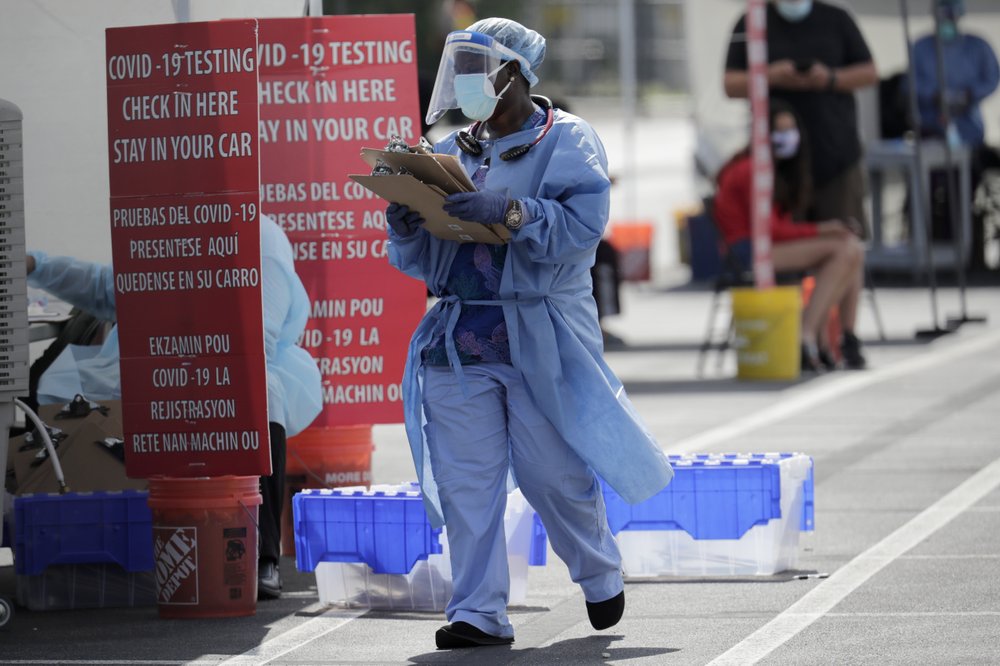
“Self-care strategies include making sure to get good sleep, exercise, meditate or do breathing techniques, and seeking social support,” Dr. Phillips emphasized.
“Also, it is critical to guard our health and safety by being responsible as the country reopens, meaning wearing masks, socially distancing and recognizing that we and our loved ones may be at greater risk, so we may need to take even greater care.”
Dr. Richard Orbé-Austin, a psychologist, executive coach and author of “Own Your Greatness: Overcome Impostor Syndrome, Beat Self-Doubt, and Succeed in Life,” agrees that recognizing your triggers, such as constant exposure online to racially traumatic content, is crucial.
“Protecting your mental health is key,” Dr. Orbe-Austin said. “Activating your agency is critical by doing things that allow you to not feel helpless and to own your power, like protesting, becoming more civically engaged, donating or volunteering toward causes in which you believe, and helping others.”
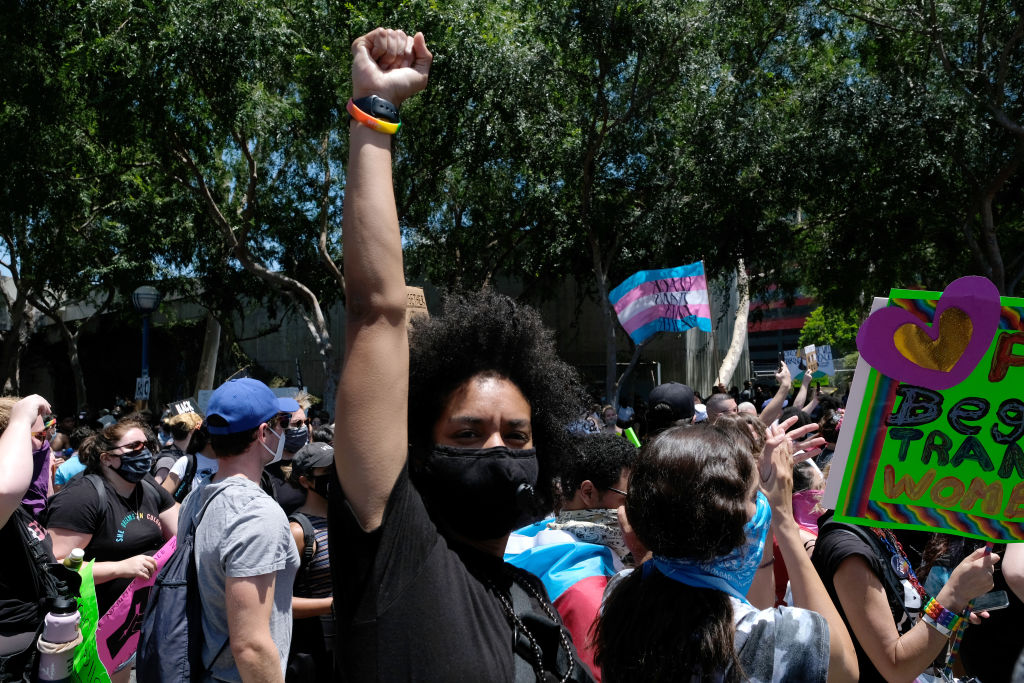
Some in the Black community oppose wearing face masks, citing not giving in to government mandates, but Dr. Orbe-Austin suggests a different approach.
“Wearing a mask is an altruistic act, not one which shows weakness or denies you your rights,” Dr. Orbé-Austin expresses. “Therefore, we want to protect our community by practicing good health and hygiene.”
Arron Muller, LMSW, a licensed social work therapist, says that accepting that we are not OK is important.
Read More: Therapist S. Tia Brown drops gems on protecting your mental health during COVID-19
”Lack of awareness and denial are one of the biggest reasons Black people do not engage in mental health services,” Muller told theGrio. “Having a therapist to talk to about your issues and concerns is one way to address the pandemic.”
Creating a sense of normalcy is also crucial.
“It is important that you establish a routine, support network and establish healthy coping skills,” Muller shared. “Try to resume a bit of normalcy by working out at home, and maintaining contact with loved ones by phone, text, email, Facetime or Zoom.”
In addition to the COVID-19 pandemic and the death and changes of lifestyle for most that it has created, Black people also have to deal with racial trauma, which Dr. Philips says can affect us spiritually, mentally, and/or physically.
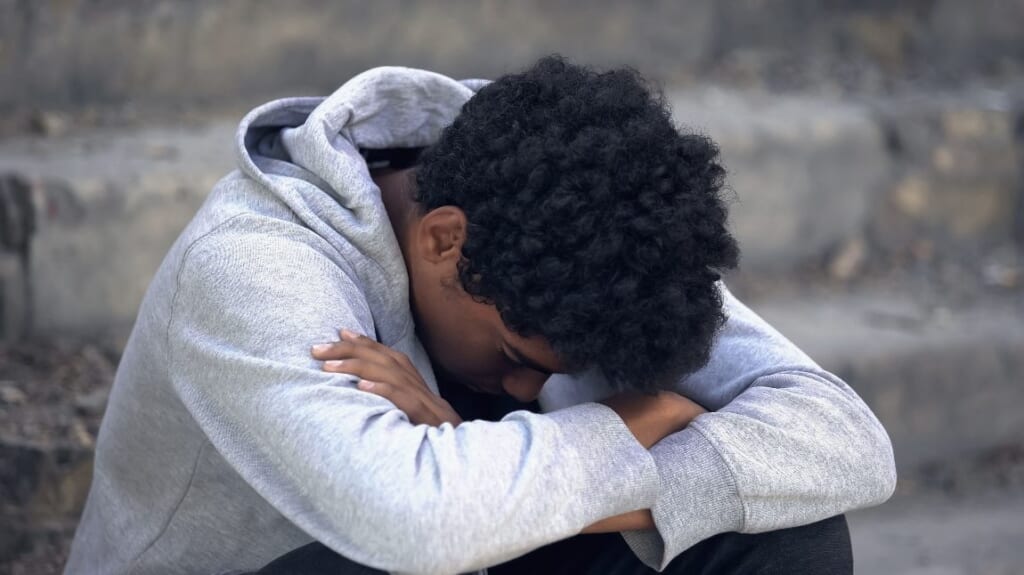
“Be it at home, at work, or at a social gathering, the first step to dealing with ongoing racial trauma is identifying its effects,” Dr. Phillips shared.
“Check your body – insomnia, tense muscles, fatigue despite a good night’s rest, digestive issues, headaches, a pounding heart or shortness of breath may be a response to what we are living through right now. If you are experiencing those types of symptoms, help your body help itself! Stretch. Sing out loud. Really loud!”
Dr. Phillips also shared what works for her personally in dealing with racial trauma.
“I have gone out into my yard every morning, turned on my favorite playlist, and danced like no one was watching,” she shared. “I dance and I laugh until I feel stress dissolving.”
She also suggested reaching out to someone to discuss feelings of anger, sadness, or fear, be it a professional or otherwise, as well as keeping a journal, unplugging, and doing whatever is needed to protect your spirit.
“Meditation is also an incredible way to recharge the body, the heart, the mind, and the spirit,” she shared. “Spirituality is central to who we are as a people.”
Employment or lack of employment has also caused a great deal of stress.
“For many Black workers, the pandemic caused a great deal of stress as they either needed to continue to work as essential workers or they were worried about either losing their job,” Dr. Orbe-Austin shared.
“However, once the racial uprising began, many Black workers then had the additional stress of colleagues and supervisors asking them about their experiences or how they could help Black people, adding a new burden of helping White people manage their racism and White privilege.”
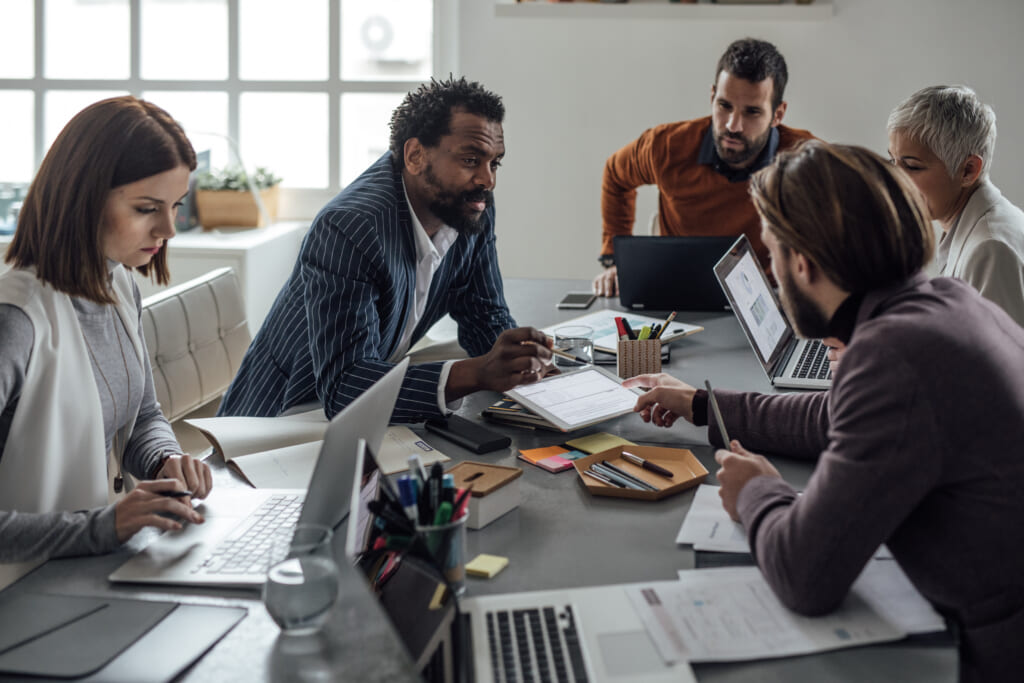
Viewing the images and replay of the horrific events can trigger anger, frustration and anxiety, necessitating the need to shut it off.
“It does not make you any less ‘woke’ if you do not watch every horrific image on social media,” Muller said.
Dealing with both COVID-19 and racial trauma simultaneously can have an adverse impact on even the strongest individuals.
“Our spiritual, mental, and physical health are inextricably linked,” Dr. Phillips said. “If we don’t manage impact in one area, it will eventually seep into the other areas to ultimately undermine our overall well-being. COVID-19 and racial trauma is placing us in double jeopardy.”
Dr. Orbe-Austin says that chronic stress, such as greater rates of depression or anxiety, PTSD symptoms, sleep disturbances, heightened sense of suspiciousness, have greater negative health outcomes for Black Americans.
Picking up coping skills that have an adverse effect on us is a bad habit too many have picked up.
“The increase in unhealthy coping skills attributes to a decline in physical health,” Muller shares. Unhealthy coping skills can include consuming large amounts of alcohol, smoking, drug use, and watching pornography.
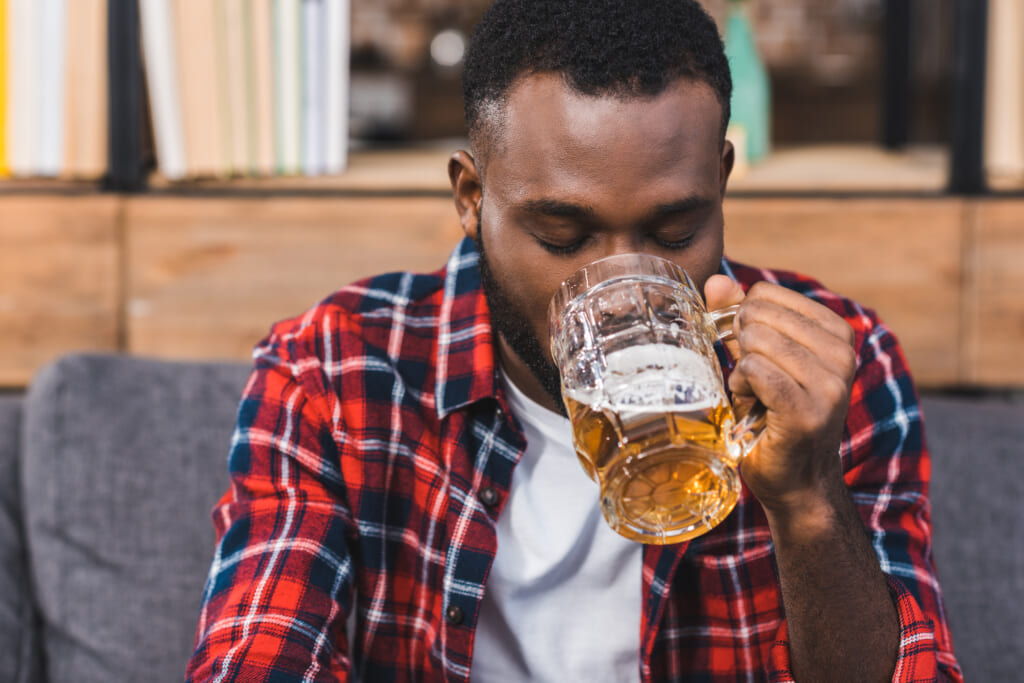
On top of all the above, Black women are then forced to deal with sexism at work, in our communities, and even at home.
“In this extremely difficult moment in time I prescribe, and am practicing, a revolutionary commitment to being gentle with every brother and sister I encounter,” Dr. Phillips expressed. “Every single one. Every single time. Let’s love each other fiercely through this. Fierce Black love.”
Dr. Orbe-Austin suggested reaching out to educate yourself on issues that challenge women and the LGBT community.
“Talking to Black women and Black members of the LGBTQ community about their experiences and what they need in terms of support can help build bridges and counter some of our intractable beliefs that may do harm,” Dr. Orbe-Austin said.
“Take time to educate yourselves about the issues important to these members of our community to enable us to recognize how best to support them. We can also support them by calling out discrimination, especially if it is in our own household.”
Have you subscribed to theGrio’s new podcast “Dear Culture”? Download our newest episodes now!
